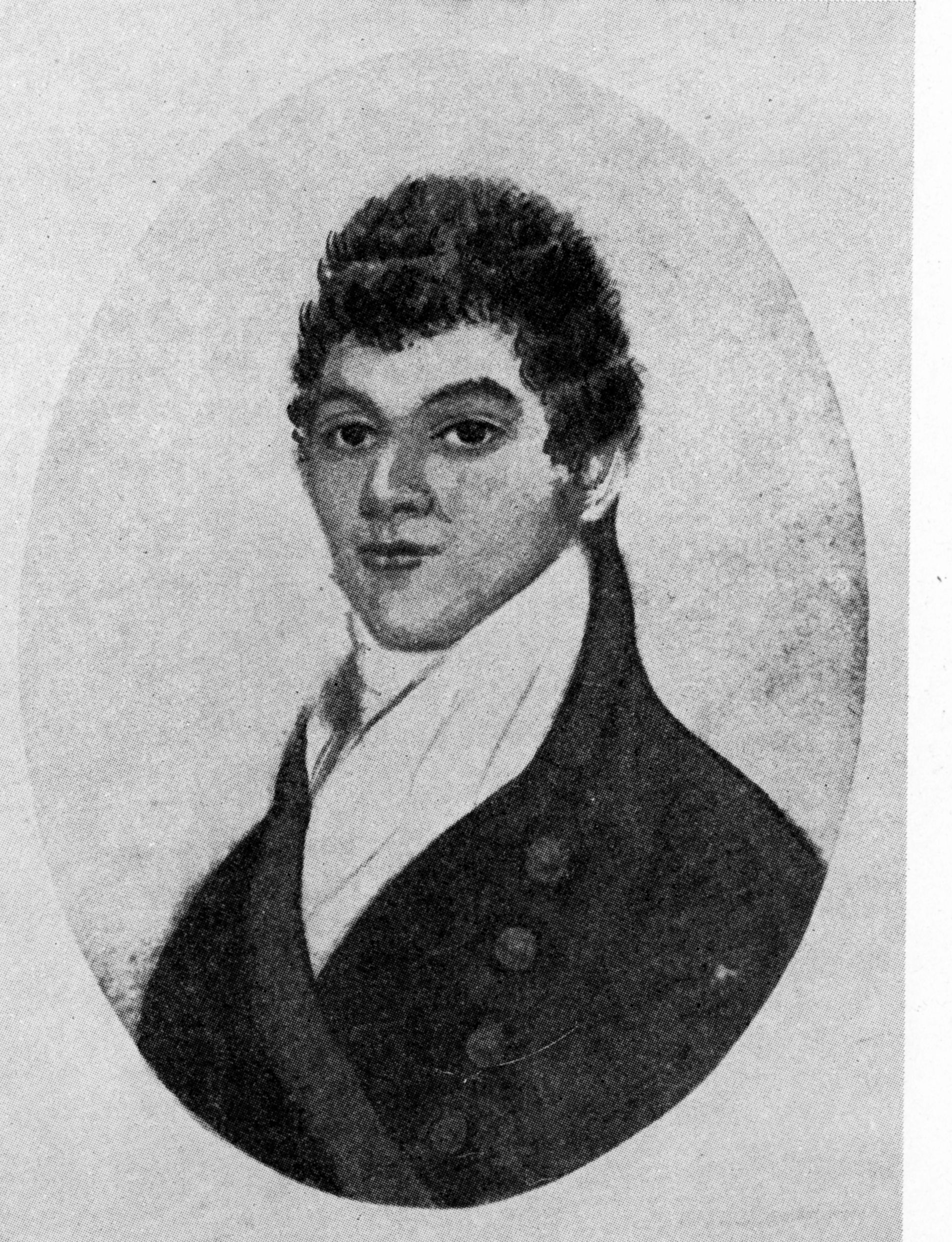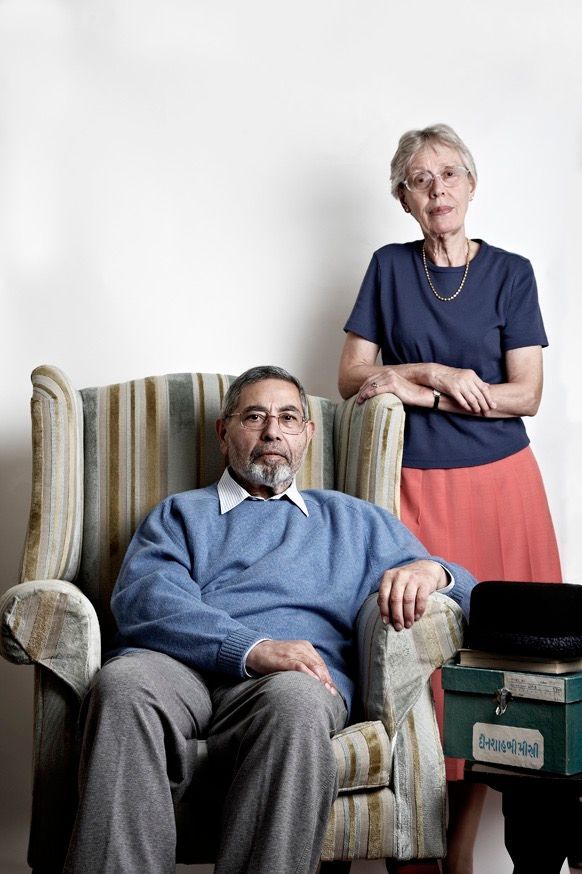Article

The Mulatto Maestro and the Prince
Reclaiming the Lost Sonata
George Augustus Polgreen Bridgetower (1778–1860)
stands as one of the most remarkable figures in European music, renowned for his virtuosity on the violin and his extraordinary rise to fame in the late 18th and early 19th centuries. As a man of African descent, Bridgetower’s success as a celebrated musician in an overwhelmingly white Europe was unprecedented. His initial celebrity included close patronage from the British Prince Regent, the future King George IV. Yet, despite his accomplishments, Bridgetower’s legacy has been overshadowed by one dramatic event: his falling out with Ludwig van Beethoven, which led to the renaming of the famed Violin Sonata No. 9 in A Major, Op. 47, now known as the Kreutzer Sonata. This event, along with the enigmatic details of his life, has led to a profound rethinking of Bridgetower’s story and his rightful place in music history.
Bridgetower’s life is not easily reconstructed due to limited archival evidence, as he left few personal documents behind. Historians depend on contemporary accounts, royal records, and the diaries of those who knew him, such as Mrs. Papendiek, for insight into his complex life. Research by scholars like Josephine Wright and Betty Matthews has filled in key gaps, revealing a life marked by extremes: rapid ascent, royal patronage, international fame, and an eventual decline into obscurity. His early years were characterised by extraordinary talent but also a personal struggle with the challenges of race, identity, and exploitation.
Making of a Prodigy (1778–1791)
Genealogy, Background, and the Exploitation of Race
Born in Biała Podlaska, Poland, on 11 October 1778, Bridgetower’s heritage was a complex blend of Afro-Caribbean and Polish-German ancestry. His father, John Frederick Bridgetower, claimed to be an African prince, a narrative that played a crucial role in marketing his son as the “African Prince” to European audiences. Despite his lower-class status, George’s mixed-race heritage became an asset, granting him access to the aristocratic circles that valued novelty and spectacle.
From a young age, Bridgetower’s talent was evident. His father managed to secure music lessons from Joseph Haydn, who was then in the service of Prince Esterházy. By the age of nine, George had performed publicly in Paris, and by ten, he was already performing at major venues in London. His early career was marked by glowing reviews, including one from Bath in 1789, where he was praised as a “wonderful child” whose performance captivated King George III.
The Paternal Crisis and Agency
While George’s prodigious talent earned him acclaim, his relationship with his father was fraught with exploitation and abuse. John Frederick Bridgetower mismanaged the money George earned and subjected him to harsh treatment. At a breaking point, George sought refuge at the Prince of Wales’s residence, Carlton House, where he confided in court insider Charlotte Papendiek about his father’s mistreatment. The Prince’s intervention marked a turning point, securing George’s independence from his father and shaping his future path.
Royal Patronage: Bridgetower in Brighton and Carlton House (1791–1809)
The Prince Regent’s Guardianship
In 1791, following George’s complaint about his father, the Prince of Wales (later Prince Regent and King George IV) took immediate action, securing George’s release from his father’s control and providing for his future. This royal intervention granted Bridgetower stability and opportunities for growth, including access to the finest musical education in Europe. Under the Prince’s patronage, George studied with prominent musicians such as François Hippolyte Barthélémon, Thomas Attwood, and Ivan Mane Jarnović.
For nearly two decades, Bridgetower’s career was inextricably linked to the Prince Regent. He was appointed First Violin in the Prince’s private orchestra, based at the lavish Royal Pavilion in Brighton. This role provided him financial security and high-level exposure, but it also tethered his career to the whims of the Prince’s extravagant tastes. Despite his success, Bridgetower’s position in the Prince’s service prevented him from pursuing an independent international career.
The 14-Year Tenure in Brighton
From around 1795 to 1809, Bridgetower spent a significant portion of his career in Brighton, performing regularly at the Royal Pavilion. The Pavilion, known for its exotic, orientalist architecture, was a vibrant centre of the Prince’s lavish social life. Bridgetower’s role as First Violin made him a key figure in the Prince’s court, but his long-term service also highlighted the tension between his professional success and the limitations imposed by his royal patronage.
Vienna and the Price of Passion: The Sonata’s Birth and Fall (1803)
The Meeting with Beethoven and the Premiere of the Sonata
In 1802, Bridgetower sought leave from the Prince Regent to travel abroad, visiting Dresden and then Vienna. There, he met Ludwig van Beethoven, who was at the peak of his creative powers. Beethoven was immediately impressed by Bridgetower’s talent, calling him “an absolute master of his instrument.” The two musicians premiered Beethoven’s newly composed Violin Sonata No. 9 in A Major, Op. 47, at a concert in Vienna on 24 May 1803. The performance was a sensation, with Bridgetower improvising dazzling passages that left Beethoven in awe.
Beethoven’s initial admiration led him to dedicate the sonata to Bridgetower, writing a unique inscription across the manuscript: “Sonata mulattica composta per il mulatto Brischdauer – gran pazzo e compositore mulattico,” a tribute to Bridgetower’s African heritage and temperamental personality. This dedication reflected the depth of their artistic bond, but it also highlighted the racial context in which Bridgetower’s identity was both a source of fascination and marginalisation.
The Quarrel and the Sonatina’s Renaming
Despite the promising collaboration, their friendship soured after a quarrel, allegedly over a woman. Beethoven, deeply offended, erased Bridgetower’s name from the manuscript and rededicated the sonata to French violinist Rodolphe Kreutzer, who, ironically, disliked the piece and never performed it. This dramatic falling out led to the renaming of the sonata, leaving Bridgetower’s contribution largely forgotten in the annals of music history.
Legacy and the Erasure of Bridgetower’s Achievement
A Lost Legacy Restored
Bridgetower’s legacy, though momentarily overshadowed by the dispute with Beethoven, is now being rediscovered. His early brilliance, his significant role in the Prince Regent’s court, and his collaboration with one of history’s greatest composers have been largely overlooked until recent years. The story of George Bridgetower is one of triumph and tragedy, a tale of a remarkable musician whose potential was both enabled and constrained by the complex racial and social dynamics of his time.
As his story is reclaimed, Bridgetower’s place in music history is finally being recognised for the extraordinary artist that he was, offering a fuller understanding of the cultural and historical forces that shaped his life and career.



